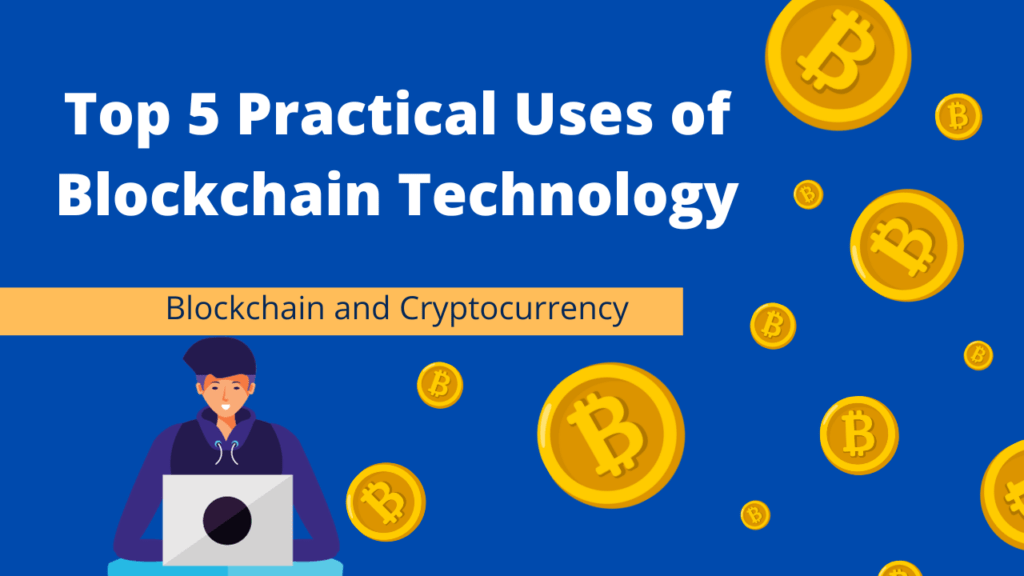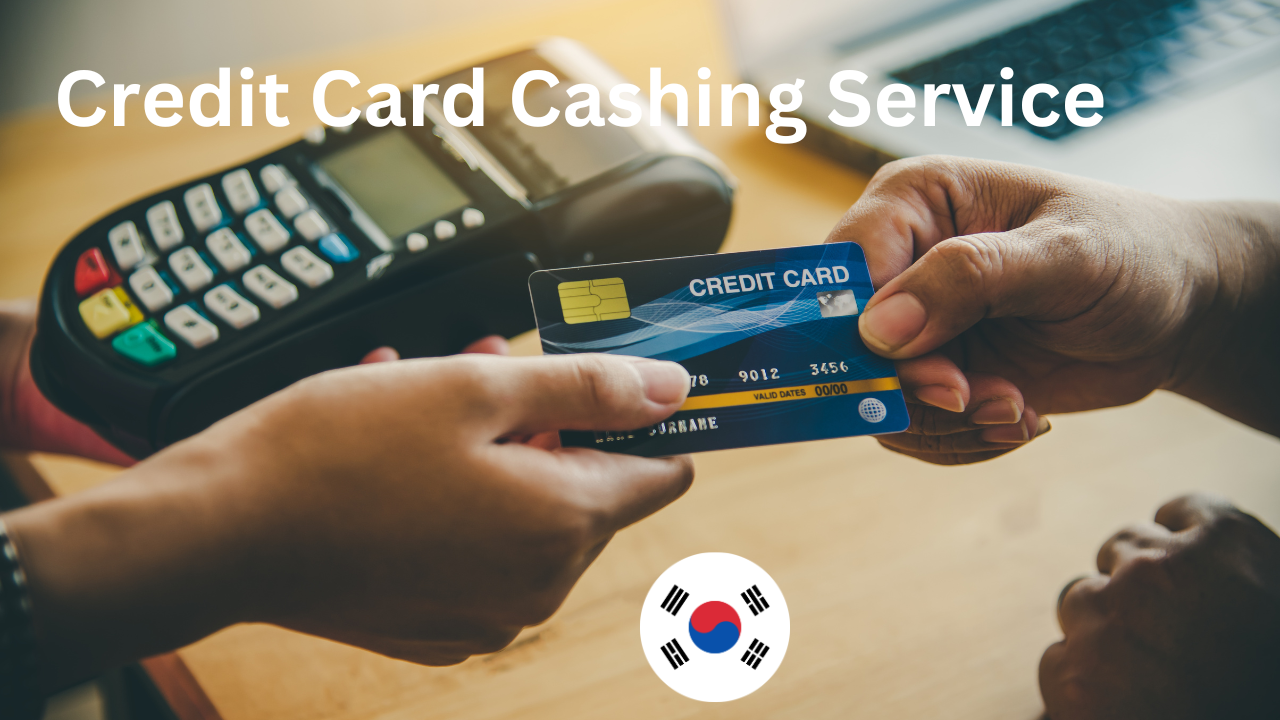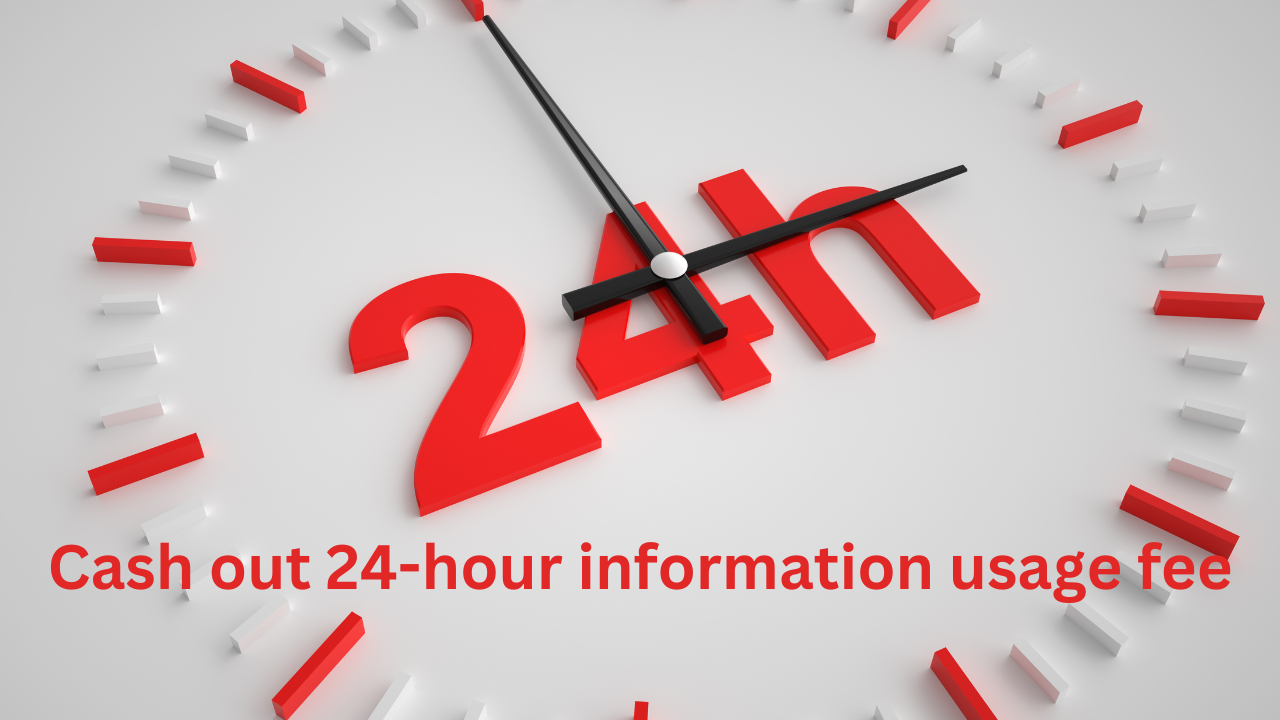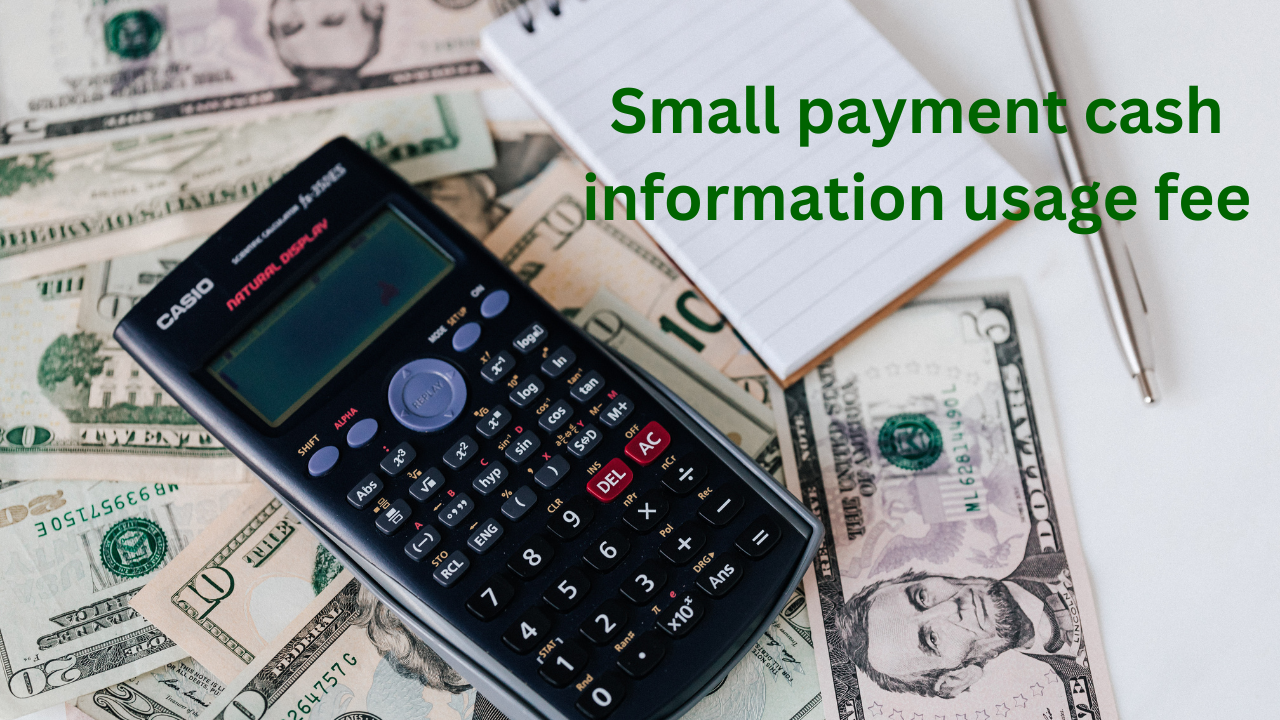what is Blockchain Technology?
Blockchain Technology has the remarkable power to revolutionize industries, and blockchain is leading the charge. This groundbreaking technology has gained significant attention for its ability to enhance security, transparency, and efficiency across various sectors. This article will explore blockchain technology’s top five practical uses and their impact on industries worldwide.
From financial services to supply chain management, blockchain reshapes businesses’ operations. Its decentralized nature and immutability make it an ideal solution for secure and tamper-proof transactions. With blockchain, financial institutions can streamline operations, reduce fraud, and improve transparency.
Additionally, blockchain is transforming the healthcare industry by enabling secure data sharing among different stakeholders, enhancing patient data privacy, and improving clinical trial processes. It is also revolutionizing the supply chain by providing real-time tracking of products, optimizing inventory management, and reducing counterfeit goods.
Blockchain’s potential doesn’t end there. It is used in the energy sector to enable peer-to-peer energy trading and improve grid efficiency. It also revolutionizes the voting system by ensuring transparency and eliminating voter fraud.
Join us as we dive into blockchain technology’s top five practical uses and explore how it is reshaping industries for the better.
Understanding the basics of blockchain technology
Technology has the remarkable power to revolutionize industries, and blockchain is leading the charge. This groundbreaking technology has gained significant attention for its ability to enhance security, transparency, and efficiency across various sectors. This article will explore blockchain technology’s top five practical uses and their impact on industries worldwide.
The benefits of blockchain technology
At its core, blockchain is a decentralized and distributed ledger that records transactions across multiple computers. Each transaction is grouped into a block, which is linked in chronological order, forming a chain. This chain, known as the blockchain, is maintained and validated by a network of computers or nodes. The decentralized nature of blockchain ensures that no single entity controls the entire network, making it resilient to cyber-attacks and tampering.
One of the key features of blockchain is its immutability. Once a transaction is recorded on the blockchain, it cannot be altered or deleted without the network consensus. This makes blockchain an ideal solution for secure and tamper-proof transactions. With its transparency and cryptographic security, blockchain has the potential to revolutionize industries across the globe.
Practical uses of Blockchain Technology in the finance Industry
Blockchain technology offers several benefits, making it an attractive solution for industries looking to enhance security, transparency, and efficiency. Firstly, blockchain eliminates the need for intermediaries, such as banks or clearinghouses, in financial transactions. This not only reduces costs but also speeds up the process. Transactions can be settled in real-time without manual verification or reconciliation.
Secondly, blockchain enhances transparency by providing a shared and immutable record of transactions. This allows all network participants to access the same information, reducing the risk of fraud and ensuring accountability. With blockchain, businesses can track and trace goods throughout the supply chain, verify the authenticity of products, and ensure ethical sourcing.
Lastly, blockchain improves security by utilizing advanced cryptographic algorithms to secure transactions. Each transaction is digitally signed and encrypted, ensuring only authorized parties can access and verify the information. This makes blockchain highly resistant to hacking and tampering, making it a secure solution for industries dealing with sensitive data.
Revolutionizing supply chain management with blockchain technology
The finance industry has embraced blockchain technology quickly, recognizing its potential to streamline operations, reduce fraud, and improve transparency. One of the practical uses of blockchain in finance is in cross-border payments. Cross-border transactions can take days to settle, involving multiple intermediaries and high fees. With blockchain, these transactions can be settled in real time, with reduced costs and increased transparency.
Another use case for blockchain in finance is in trade finance. Traditionally, financing international trade involves a complex web of documents and intermediaries. Blockchain simplifies this process by digitizing and automating the trade finance process, reducing paperwork and streamlining the flow of information. This speeds up the process, reduces the risk of fraud, and enhances transparency.
Furthermore, blockchain is used to issue and manage digital assets, such as cryptocurrencies and tokenized securities. Blockchain enables the creation of decentralized digital assets that can be securely traded and transferred between parties without the need for intermediaries. This opens up new opportunities for fundraising, investment, and asset management.
Blockchain technology in healthcare: improving data security and interoperability
The supply chain industry is another sector that can benefit significantly from blockchain technology. Blockchain provides real-time tracking and traceability of products throughout the supply chain, ensuring transparency and reducing the risk of counterfeit goods. With blockchain, businesses can verify the authenticity of products, track their movement from the manufacturer to the end consumer, and ensure ethical sourcing.
Additionally, blockchain can optimize inventory management by providing accurate and real-time visibility of inventory levels. This enables businesses to reduce excess inventory, minimize stockouts, and improve overall supply chain efficiency. Blockchain also facilitates efficient and secure information sharing among supply chain participants, eliminating the need for manual reconciliation and reducing delays in the flow of goods.
Transforming the real estate industry with blockchain technology
The healthcare industry is undergoing a digital transformation, with a growing emphasis on data sharing and interoperability. Blockchain technology can potentially address the challenges associated with data security, privacy, and interoperability in healthcare.
One of the practical uses of blockchain in healthcare is the secure and decentralized sharing of patient data. Blockchain enables patients to control their data and decide who can access it. This ensures patient privacy and allows for seamless sharing of medical records between different healthcare providers. With blockchain, patients can have a complete and accurate medical history, leading to better care and treatment outcomes.
Blockchain technology can also improve the efficiency and transparency of clinical trials. Clinical trials involve multiple stakeholders, with data often scattered across different systems. Blockchain can streamline this process by securely storing and sharing trial data, ensuring transparency and reducing the risk of data manipulation. This can lead to faster drug development and improved patient safety.
Blockchain technology in the energy sector: enhancing efficiency and transparency
The real estate industry is known for its complex and time-consuming processes involving multiple parties and extensive paperwork. Blockchain technology has the potential to simplify and streamline these processes, leading to more efficient and transparent real estate transactions.
One of the practical uses of blockchain in real estate is in property ownership and title records. Blockchain can provide a secure and tamper-proof ledger of property ownership, eliminating the need for paper-based titles and reducing the risk of fraud. Blockchain can also automate the transfer of property ownership, reducing the time and cost associated with traditional conveyancing processes.
Furthermore, blockchain can enable fractional real estate ownership by issuing tokenized assets. This opens up new opportunities for real estate investment, allowing individuals to invest in properties with smaller amounts of capital. Blockchain provides a transparent and secure platform for buying, selling, and trading fractional ownership shares, revolutionizing the real estate investment landscape.
Challenges and limitations of blockchain technology
The energy sector is transforming, with a growing emphasis on renewable energy sources and decentralized energy systems. Blockchain technology has the potential to play a crucial role in this transformation by enabling peer-to-peer energy trading, improving grid efficiency, and ensuring transparency.
One of the practical uses of blockchain in the energy sector is peer-to-peer energy trading. Blockchain enables individuals and businesses to buy and sell excess energy directly to each other without intermediaries. This promotes using renewable energy sources and empowers individuals to participate actively in the energy market.
Blockchain can also enhance the efficiency of the energy grid by enabling real-time monitoring and optimization of energy production and consumption. With blockchain, energy producers can accurately track energy generation and distribution, ensuring optimal resource utilization and reducing wastage.
Furthermore, blockchain can ensure transparency and traceability in the energy sector by securely recording and verifying energy transactions. This can help to eliminate fraud, improve accountability, and enable the integration of renewable energy sources into the existing energy grid.
Conclusion: The Future of blockchain technology and its potential impact on Industries While blockchain technology offers numerous benefits, it also faces challenges and limitations that must be addressed. One of the challenges is scalability. As the number of transactions on the blockchain increases, so does the demand for computing power and storage capacity. Scaling blockchain to handle large-scale applications without compromising security and performance remains a significant challenge.
Another challenge is regulatory uncertainty. Blockchain operates across borders, making establishing consistent regulations and legal frameworks difficult. The lack of regulatory clarity can hinder the adoption of blockchain technology, especially in highly regulated industries such as finance and healthcare.
Additionally, blockchain technology requires a significant amount of energy to operate. The process of validating and adding transactions to the blockchain, known as mining, consumes much computational power and electricity. This has raised concerns about the environmental impact of blockchain and the sustainability of its energy-intensive operations.
Lastly, blockchain technology faces challenges in terms of interoperability and standardization. Different blockchain platforms and protocols have emerged, each with its features and capabilities. Interoperability between these platforms is crucial for the widespread adoption of blockchain technology, as it allows for seamless integration and data exchange between different systems.














